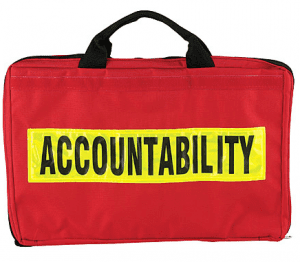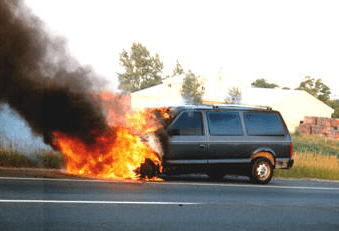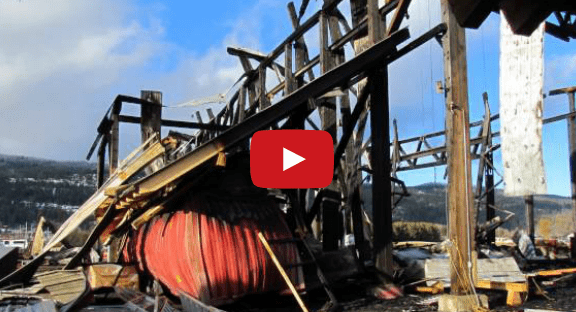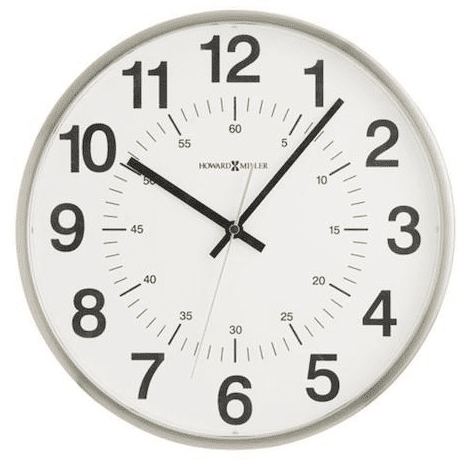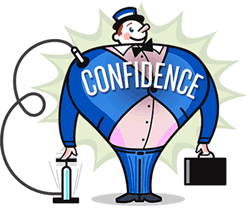Hands-Free Driving Laws are a Bad Idea
Before you get too upset and refuse to read this article, I’ll ask you to give me just two minutes to explain the situational awareness lesson behind this statement. The first premise is: We must acknowledge (and accept) that it is easy for drivers to get distracted and have their situational awareness impacted while talking […]
Hands-Free Driving Laws are a Bad Idea Read More »


